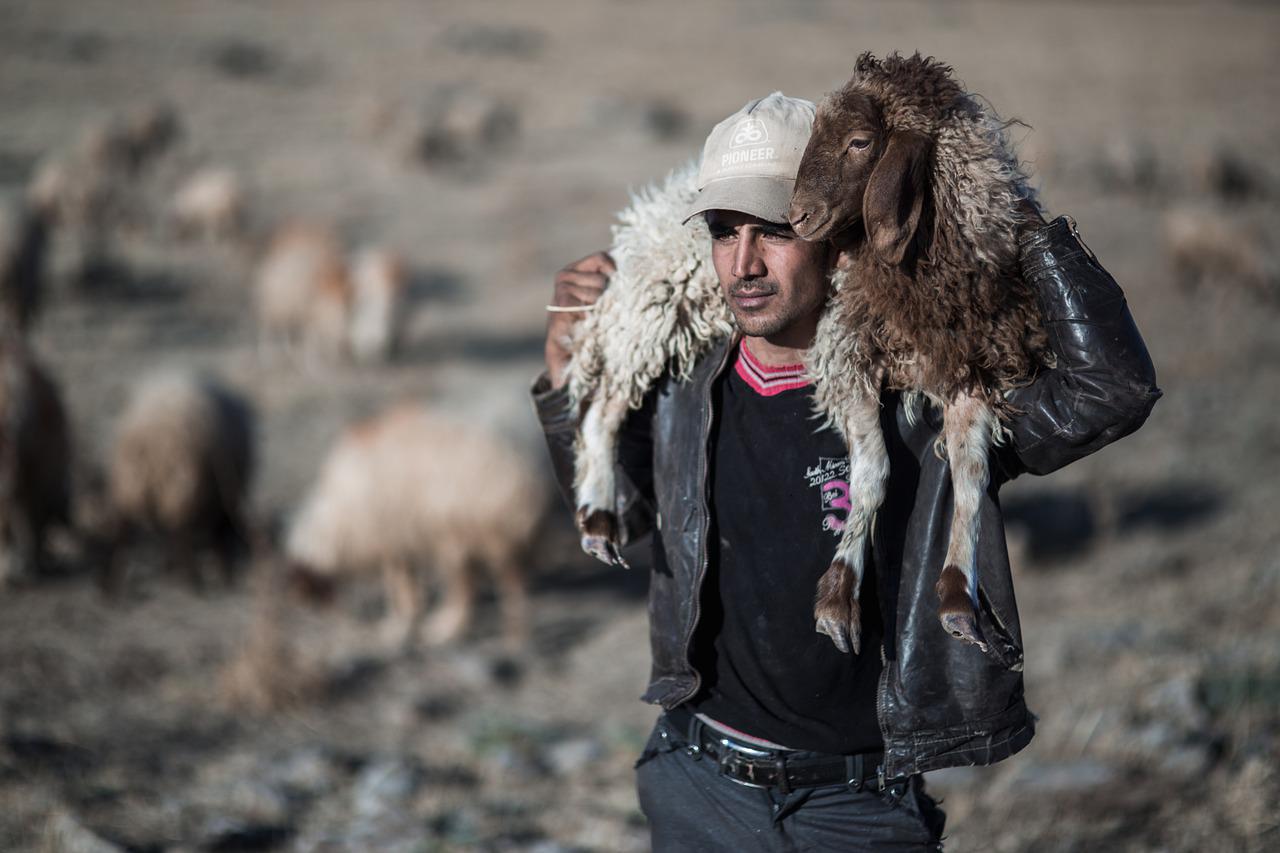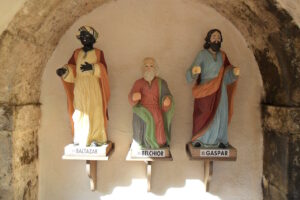Exodus 32: 7-11, 13-14 (RM) or 7-14 (RCL); Psalm 51; 1 Timothy 1: 12-17; Luke 15: 1-32 or 1-10 (RM) or 1-10 (RCL)
I was at work in the university chaplaincy office when the call came in. I quickly tied up some loose ends and drove out to the hospital.
The call had been to let us know about a young woman student in our faith community who had attempted suicide. A near-fatal dose of alcohol and Tylenol. She was in the intensive care unit on 24-hour watch.
As soon as I came in the door she recognized me and shouted, “I took God’s gift and threw it back in his face!”
So where is God when someone hits bottom so hard and sinks so deep it seems like there’s no way out? When you need God’s forgiveness desperately and you despair of ever getting it? When you are completely shattered, totally wrong with the entire universe, emotionally paralyzed and scared? When you’re drained of strength, how do you summon the strength to believe God could ever forgive you?
As you’re reading this, you may be remembering some time when you yourself sunk so far and so deep that there seemed no way out. Or you may be thinking of other people who told their stories about a time of hopelessness and utter despair. I heard many such stories in open (open to the public) speaker meetings of AA.
How “lost” is lost? Too lost ever to be found? In the darkest of times it certainly seems that way.
There’s the core of today’s Gospel. The sheep is us. The coin is us.
And God is not some relentless cosmic force, but a living entity, a divine Person who interacts with humans and all creation in a dynamic, life-giving relationship. God’s mercy is unending, eternal. And more to the point here, God does not sit back waiting for us to come groveling – this life-Spirit seeks us out. Yes, us.
Having said this, however, a challenge remains for faith communities to distinguish between reassuring people of God’s never-ending mercy and forgiveness when we feel guilty and ashamed, and a faith community that stresses sinfulness and lost-ness to the point of imposing a constant state of guilt. That’s the kind of religion people leave. That’s when the healing power of the medicine no longer represents a gift, but an implicit threat – “you’re bad, you’ll always fall into sin, you need this.” That thinking keeps you drained of spiritual strength. It can work to set up a psychological dependency on those who administer the medicine of repentance, more than an assurance of God’s forgiveness, and support in taking the first steps toward healing.
The analogies in these two stories told by Jesus leave some gaps. A sheep might regret wandering away but not see the big picture. A coin certainly can’t repent. Their rescue and recovery isn’t dependent on their own change of heart. And a single working shepherd left ninety-nine of them vulnerable to chase after one. But the nine coins weren’t in danger when one disappeared.
The focus here is on God – God, a scruffy working shepherd, God, a woman of little means for whom ten coins probably represented her dowry and thus her emergency fund.
If we are the sheep and the coin, we are also the Body of Christ in our world, in our community, among our family and friends. If a community can celebrate, then a community can heal. A community can recognize extenuating circumstances and simple human brokenness. A community can reach out, and hug, and welcome.
And anyway, all of us are works in progress. We won’t always get it right, far from it. A recovering alcoholic I knew admitted, “I still have bad days. But that’s OK. I used to have bad years.”
© Susan K. Roll
Susan Roll retired from the Faculty of Theology at Saint Paul University, Ottawa, in 2018, where she served as Director of the Sophia Research Centre. Her research and publications are centred in the fields of liturgy, sacraments, and feminist theology. She holds a Ph.D. from the Catholic University of Leuven (Louvain), Belgium, and has been involved with international academic societies in liturgy and theology, as well as university chaplaincy, Indigenous ministry and church reform projects.




